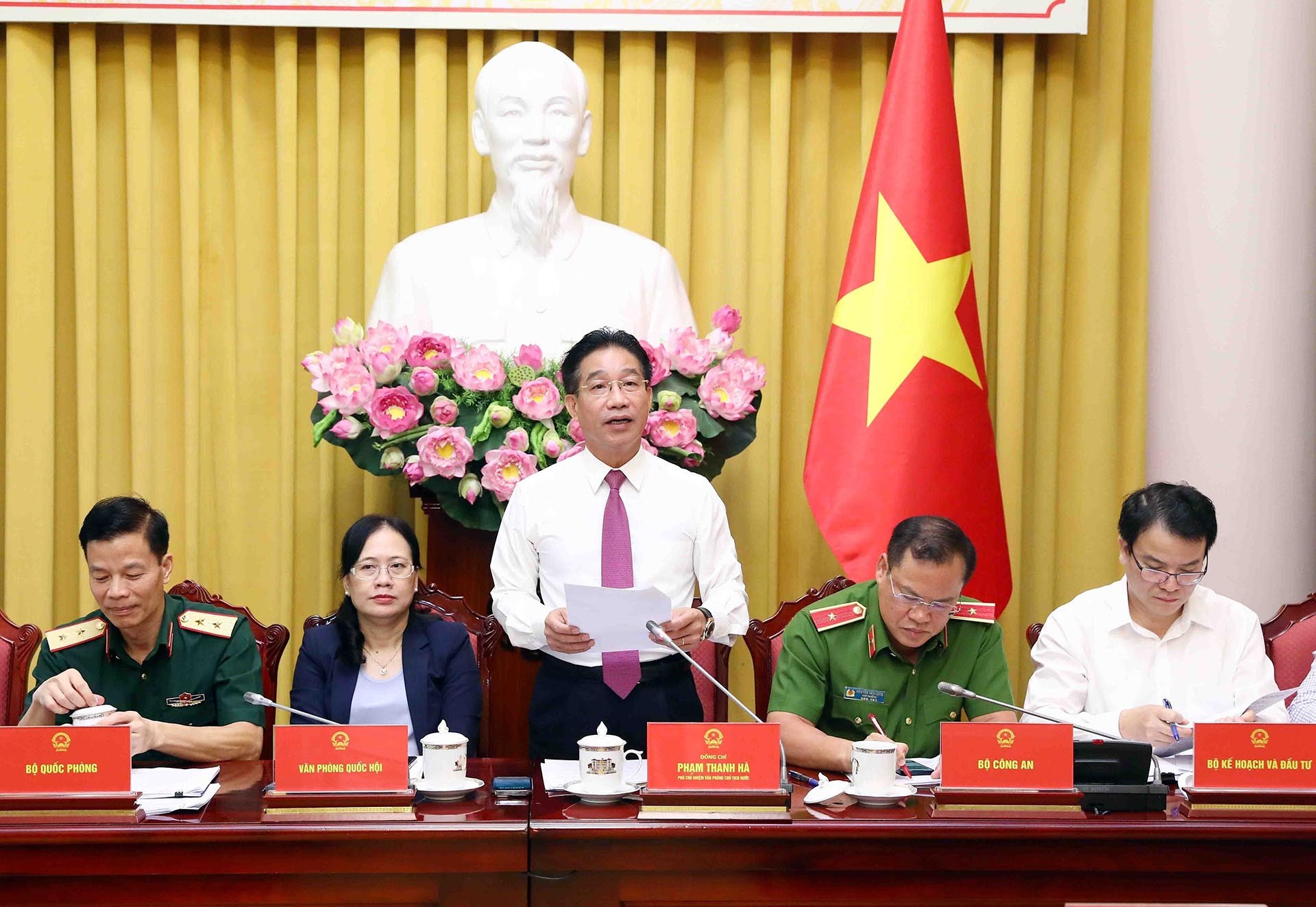 |
| Deputy Head of the Office of the President Pham Thanh Ha speaks. (Source: VNA) |
The laws include: Law on Civil Defense 2023; Law on Cooperatives 2023; Law on Bidding; Law on Consumer Protection 2023; Law on Electronic Transactions; Law amending and supplementing a number of articles of the Law on People's Public Security; Law amending and supplementing a number of articles of the Law on Exit and Entry of Vietnamese Citizens and the Law on Entry, Exit, Transit and Residence of Foreigners in Vietnam; Law on Prices 2023.
Deputy Head of the Office of the President Pham Thanh Ha chaired the press conference.
Enhance national defense capacity
The Law on Civil Defense consists of 7 chapters and 55 articles, effective from July 1, 2024.
The promulgation of the Law on Civil Defense contributes to the synchronous completion of the legal system on civil defense, creating a solid legal corridor for civil defense activities.
This is one of the important solutions in enhancing national defense capacity to protect the lives, health and property of the state and people, meeting the requirements of the task of building and developing the country's socio-economy, associated with strengthening national defense, security and gradually integrating internationally.
Creating motivation for cooperative development
The Law on Cooperatives 2023 consists of 12 chapters and 115 articles, effective from July 1, 2024.
The comprehensive amendment and supplementation of the Law on Cooperatives aims to create a favorable and open legal corridor for cooperative groups, cooperatives, and cooperative unions to participate in the domestic socio-economy and international integration, in line with the development trend of the Fourth Industrial Revolution; ensuring and promoting the characteristics and basic principles of cooperatives.
At the same time, attract many components and participants, develop members; eliminate regulations that hinder market entry; build an ecosystem of cooperative economic organizations that develop dynamically, effectively and sustainably, helping to improve income and quality of life of members and contribute to social progress and justice.
The 2023 Law on Cooperatives has many new contents on the group of regulations: The nature of cooperatives, development of cooperative members; expanding the market, improving the ability to mobilize capital, creating motivation for cooperative development; improving the effectiveness of cooperative governance and management; cooperative groups and representative organizations; improving the effectiveness of state management in the collective economic sector.
Special regulations on bidding in the medical field
The Law on Bidding consists of 10 chapters and 96 articles, effective from January 1, 2024.
Notably, the Law has devoted a separate chapter to regulating bidding in the health sector to resolve difficulties and obstacles in bidding activities for the purchase of drugs, chemicals, testing supplies and medical equipment in the direction of enhancing the autonomy and self-responsibility of public health facilities in deciding to purchase drugs and medical equipment; facilitating the purchase of drugs and medical equipment of specific characteristics, suitable for the professional activities of the health sector.
In addition, resolve the difficulties in bidding for the purchase of drugs, equipment, and medical supplies that have arisen in the past, such as: Supplementing regulations to thoroughly resolve difficulties in purchasing chemicals with the requirement that contractors must provide medical equipment to use those chemicals ("machine-ordering, machine-borrowing model").
Complete regulations on drug incentives for domestic production in a way that both ensures the rights of patients in accessing good quality drugs and encourages businesses to invest in technological lines and raw materials to produce quality drugs that meet advanced standards; regulate payment of costs for purchasing drugs, chemicals, testing supplies, and medical equipment from the health insurance fund for private medical examination and treatment facilities.
Protect consumer rights
The Law on Consumer Protection 2023 has 7 chapters and 80 articles, taking effect from July 1, 2024.
The Law has a number of new contents related to the subjects of application; rights and obligations of consumers; sustainable production and consumption; protection of vulnerable consumer rights; a number of specific transactions; responsibilities of business organizations and individuals towards consumers; consumer rights protection activities of the Vietnam Fatherland Front, socio-political organizations and social organizations; dispute resolution methods; state management of consumer rights protection, etc.
Notably, the Law supplements a number of prohibited acts, including general prohibited acts, prohibited acts for multi-level marketing organizations and individuals; organizations and individuals doing business in establishing, operating, and providing digital platform services.
Develop comprehensive, end-to-end electronic transactions
The Law on Electronic Transactions 2023 consists of 8 chapters and 53 articles, taking effect from July 1, 2024.
The development of the Law aims to create a complete, adequate, and favorable legal corridor for the conversion of activities from the real environment to the digital environment in all sectors and fields, in order to proactively and actively participate in the Fourth Industrial Revolution and promote national digital transformation.
In addition, affirm the legal value of electronic transactions, recognize electronic transactions as having the same legal value as transactions in a real environment; prioritize and encourage the implementation of electronic transactions, develop comprehensive and complete electronic transactions with policies that help optimize the process, shorten the processing time of electronic transactions, and make them more convenient, safe and reliable.
The Law has new points related to the scope of regulation, concepts, and prohibited acts in electronic transactions, data messages, electronic signatures and trusted services, conclusion and performance of electronic contracts, electronic transactions of state agencies, and information systems serving electronic transactions.
Regulations on 6 positions with the highest rank
The Law amending and supplementing a number of articles of the Law on People's Public Security, consisting of 2 articles, takes effect from August 15, 2023.
The law stipulates that officers considered for promotion from Colonel to Major General must have at least 3 years of service remaining; in cases where they do not have 3 years of service remaining, upon request, the President shall decide.
The Law also adds specific regulations for 6 positions with the highest rank of General in the People's Public Security, including: 1 position with the highest rank of Senior Lieutenant General; 5 positions with the highest rank of Major General; regulations for Regiment Commanders in units under the Ministry, Hanoi City Police, Ho Chi Minh City Police, Head of Personnel Organization, Party Affairs and Political Affairs Department, Head of City Police under Hanoi City Police and Ho Chi Minh City Police with the highest rank of Colonel.
Article 30 amends and supplements Clause 1, Clause 2 and Clause 3 to increase the age of officers and non-commissioned officers by 2 years; female officers with the rank of Colonel will be increased by 5 years, female officers with the rank of Lieutenant Colonel will be increased by 3 years; and a provision is added to extend the maximum service age for People's Public Security officers in special cases.
The duration of an electronic visa is not more than 90 days.
The Law amending and supplementing a number of articles of the Law on Exit and Entry of Vietnamese Citizens and the Law on Entry, Exit, Transit and Residence of Foreigners in Vietnam has 3 articles, taking effect from August 15, 2023.
The Law supplements other documents as prescribed in international treaties to which the Socialist Republic of Vietnam is a member, as one of the exit and entry documents; supplements information on "place of birth" on exit and entry documents and supplements the provision "Other information prescribed by the Government" to ensure flexibility, consistent with the reality in each period; removes the provision that the remaining validity of the passport must be 6 months or more to be eligible for exit to create conditions for citizens when exiting the country...
In addition, increase the duration of electronic visas from 30 days to no more than 90 days, valid for one or multiple entries, and regulate the calculation of visa duration by day for visas with a duration of less than 1 year to ensure consistency; increase the temporary residence duration from 15 days to 45 days for citizens of countries that are unilaterally exempted from visas by Vietnam and are considered for visa issuance and temporary residence extension according to other provisions of the Law...
Promote decentralization in price management and operation
The 2023 Price Law takes effect from July 1, 2024.
Accordingly, the Law clearly stipulates the scope of regulation and defines the relationship between the Law on Prices and other laws regulating prices to fundamentally overcome the existing problems and limitations between the Law on Prices and specialized laws.
In addition, the Law also has some new points such as: Regarding pricing work, the Law has institutionalized the policy of promoting the division of labor and decentralization in price management and operation. Price stabilization work has been consolidated and improved in accordance with current reality. Price negotiation is defined as a mechanism for agreeing on prices of goods and services between enterprises and has the role of intermediary and arbitration of the state...
Notably, the work of synthesizing, analyzing and forecasting market prices has been specifically institutionalized in a chapter of the law to create a legal basis for implementing the task.
Activities of synthesizing market price information, analyzing, evaluating and forecasting in a timely manner will ensure good service for the Government's macroeconomic management, completing the goal of controlling inflation in different periods...
Source



![[Photo] Vietnam shines at Paris International Fair 2025 with cultural and culinary colors](https://vstatic.vietnam.vn/vietnam/resource/IMAGE/2025/5/4/74b16c2a197a42eb97597414009d4eb8)


![[Photo] General Secretary To Lam receives Sri Lankan President Anura Kumara Dissanayaka](https://vstatic.vietnam.vn/vietnam/resource/IMAGE/2025/5/4/75feee4ea0c14825819a8b7ad25518d8)
![[Photo] Bus station begins to get crowded welcoming people returning to the capital after 5 days of holiday](https://vstatic.vietnam.vn/vietnam/resource/IMAGE/2025/5/4/c3b37b336a0a450a983a0b09188c2fe6)
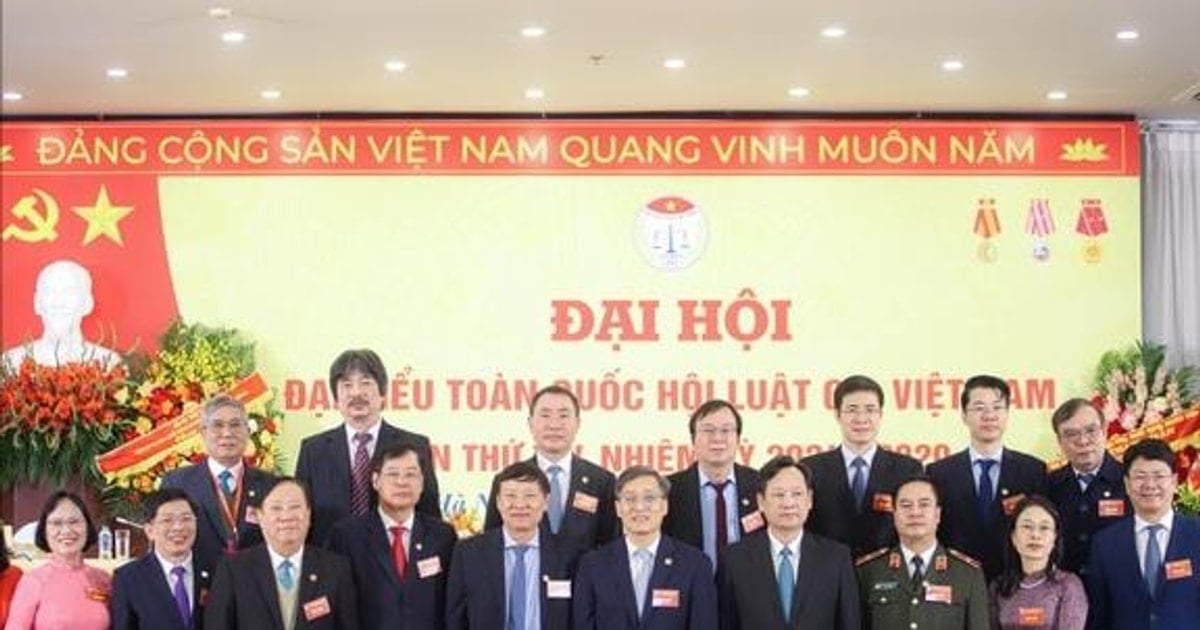

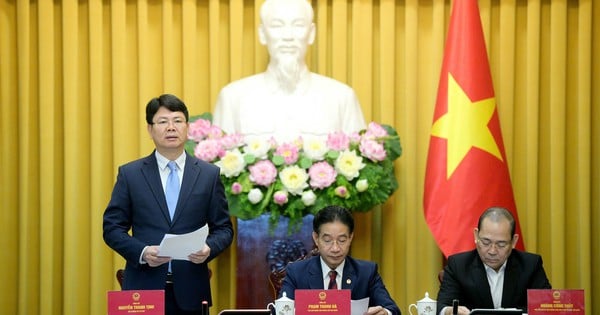





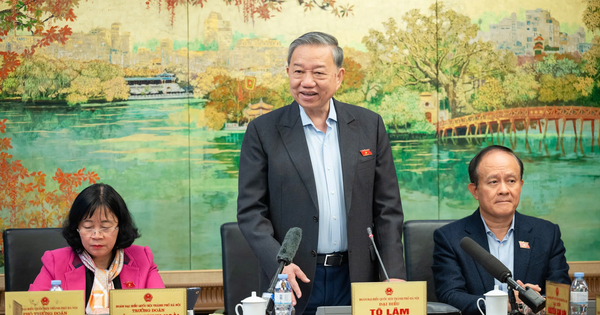






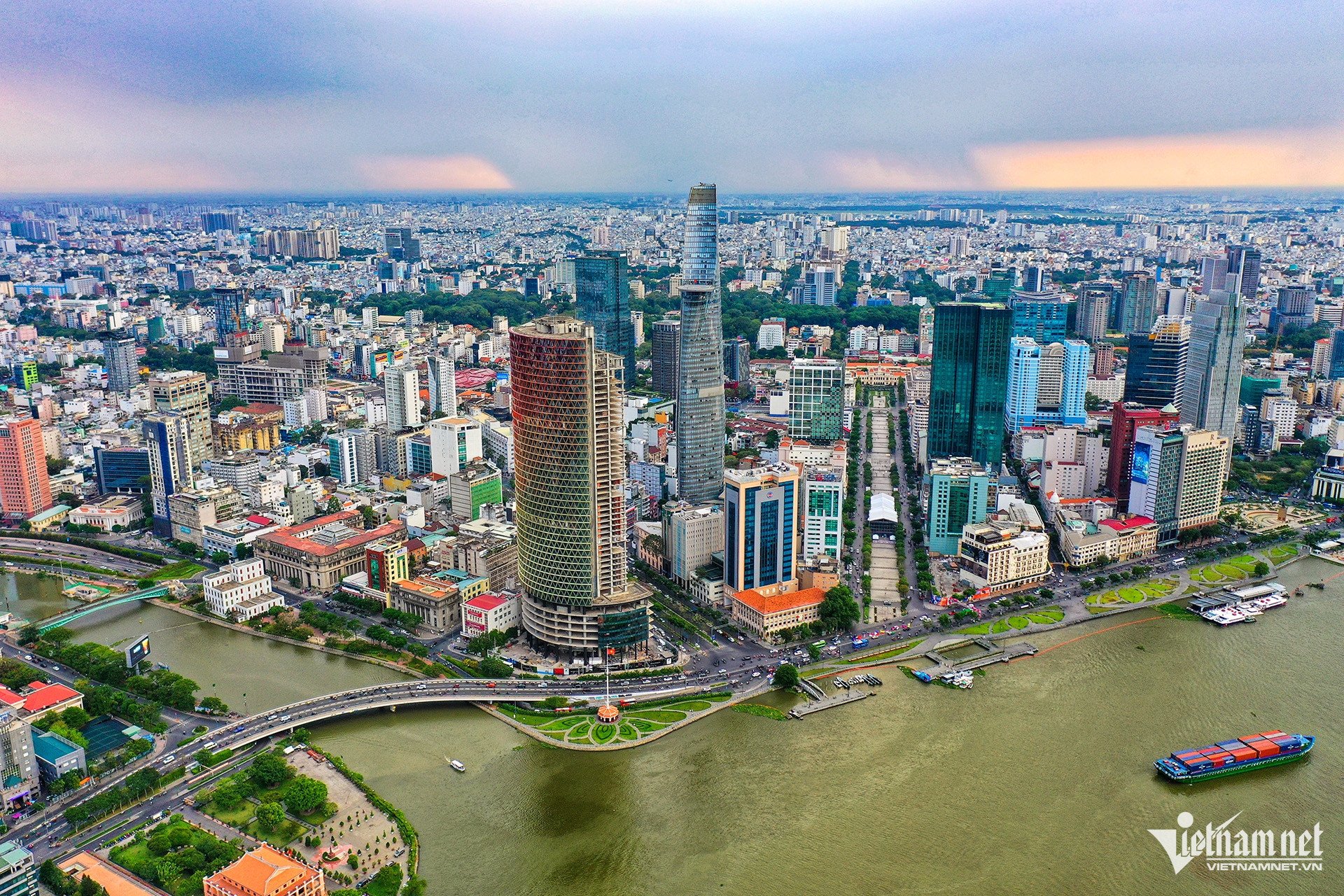




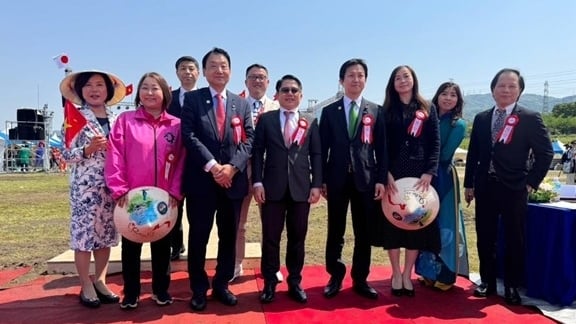
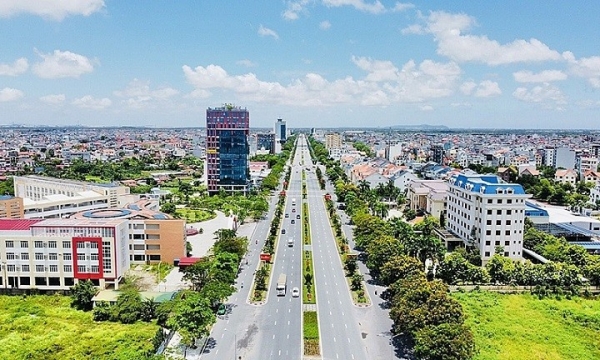

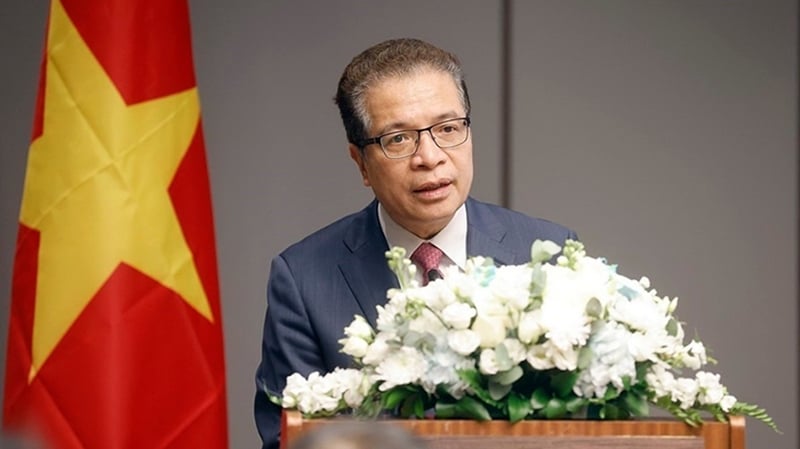

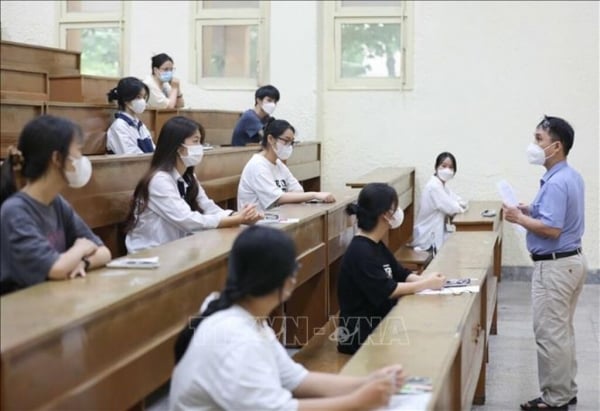
















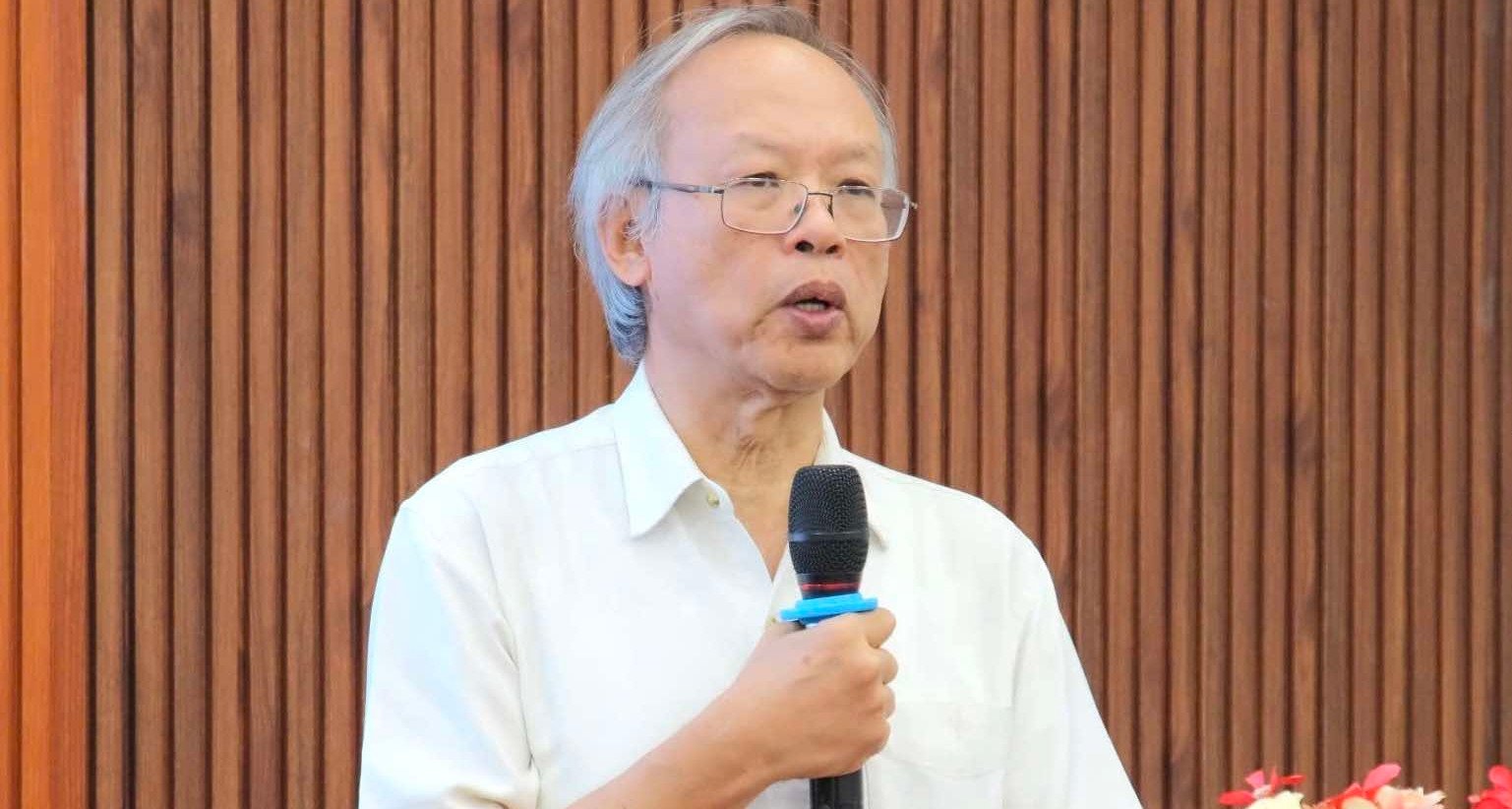




















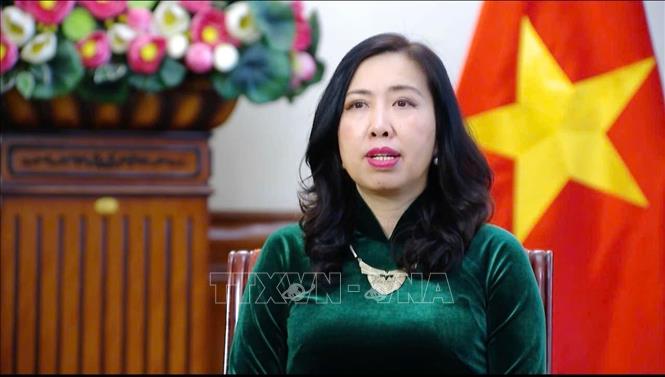



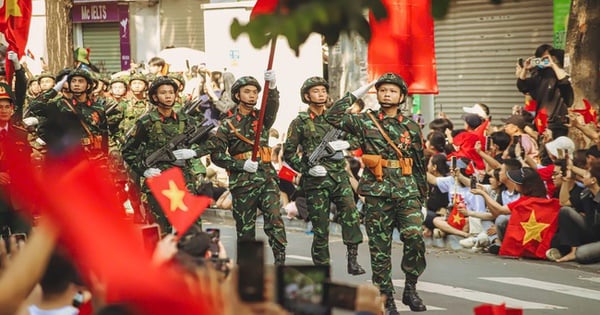







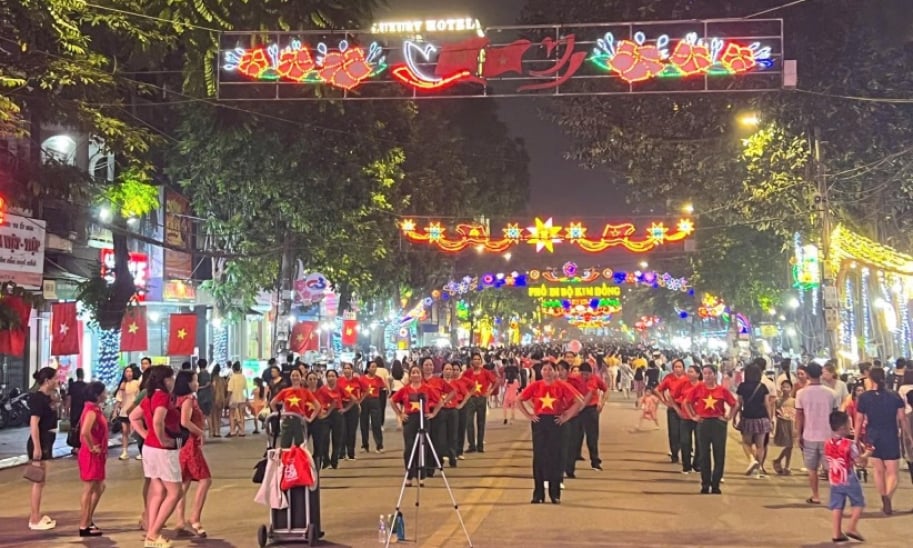



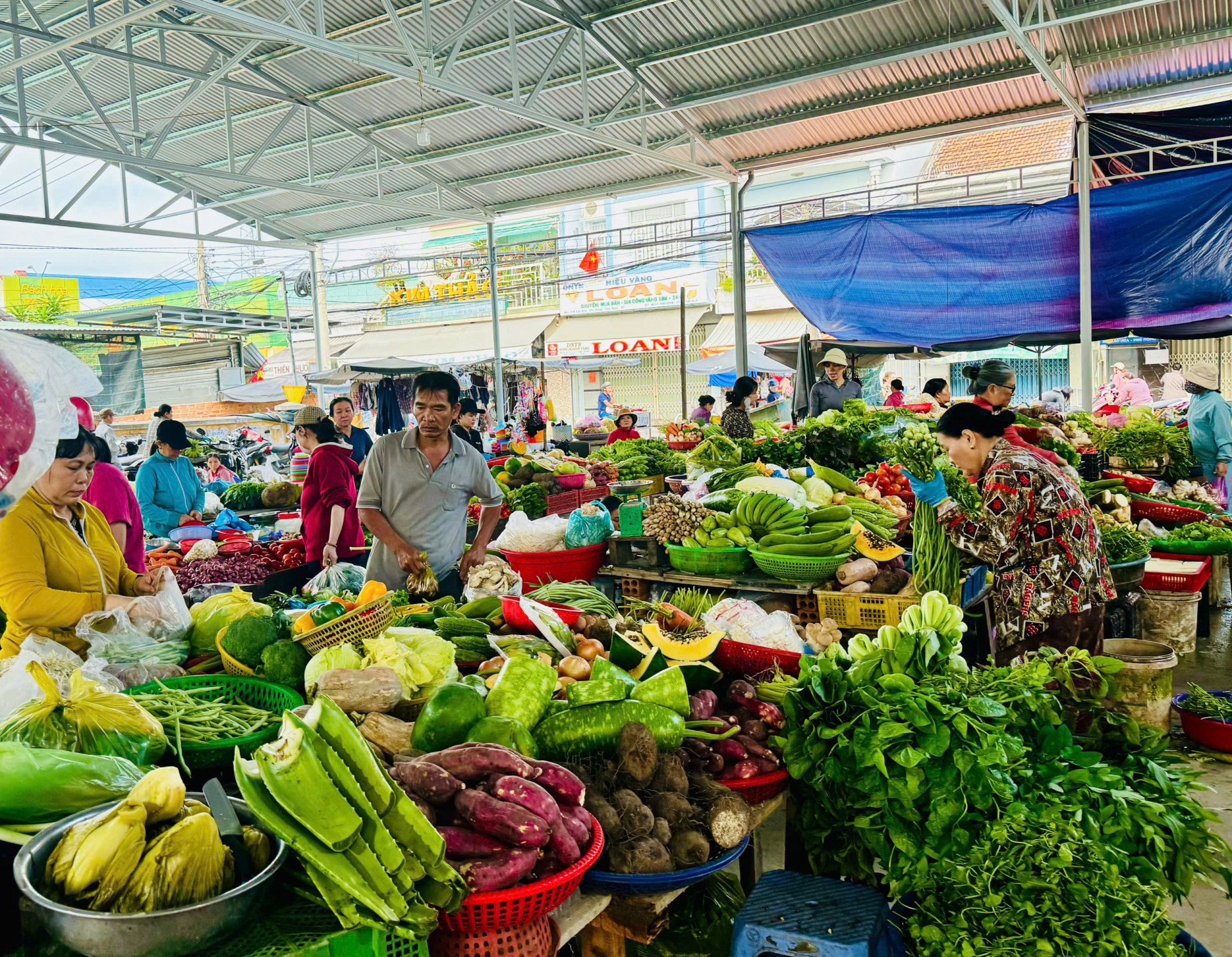







![[Video]. Building OCOP products based on local strengths](https://vstatic.vietnam.vn/vietnam/resource/IMAGE/2025/5/3/61677e8b3a364110b271e7b15ed91b3f)




Comment (0)